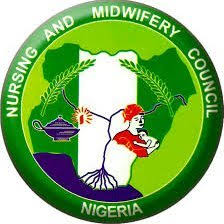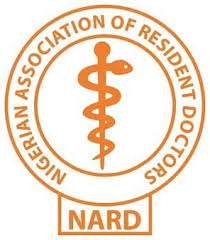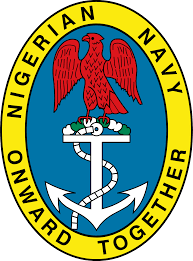DISSEMINATION OF THE COMMUNIQUE ISSUED AT THE END OF THE 16TH BIENNIAL NURSE LEADERS CONFERENCE HELD AT THE NIGERIA AIRFORCE CONFERENCE CENTRE, KADO, ABUJA FROM THE 28TH MARCH TO 2ND APRIL 2022.
The Board of the Nursing and Midwifery Council of Nigeria at its 57th General meeting held in April, 2022 has approved the Communique issued at the end of a 5-day Biennial Nurse Leaders conference organized by the Nursing and Midwifery Council of Nigeria from 28th March to 2nd April 2022 at Abuja. The 16th Biennial Nurse Leaders conference with the theme: Rebranding Nursing for Professional Ascendancy and Consumer Satisfaction: The Role of Nurse Leaders drew Nurse leaders from various spheres of nursing and midwifery education and practice in both public and private organizations in the 36 States and the FCT. The issues raised as well as the recommendations to the Nurse leaders are hereby communicated for your information and necessary action.
2.0 Issues Raised
The issues raised at the conference which the Nurse Leaders and the stakeholders should consider are as follows:
a) Nurse leaders, need to look at how to work towards changing the negative image of nursing and the nurse on a continual basis and helping in the ascendancy of the profession.
b) What can be done to improve the public image of nurses/nursing
c) Poor knowledge on leadership training by nurse leaders
d) Marketing nursing profession in Nigeria
e) Media training for nurse leaders
f) Poor image of nurses and nursing in Nigeria
g) Role of Nurses in Sustainable Development Goals and Universal Health Coverage
h) Nurse/Client Ratio in Wards
i) Nurse's involvement in politics
j) Evidence-Based Nursing Care e.g. localization of nursing care -wound dressing, medications, etc.
k) Bridging the gap between knowledge and practice in the training of student nurses and midwives.
I) Issue of nurse specialists not being allowed to practice according to the acquired competencies in teaching hospitals and other federal health institutions.
m) Mentoring and Preceptorship in Nursing.
3.0 RESOLUTIONS:
The following are the resolutions taken at the conference.
3.1. Recommendations to Nurses/Nurse-Leaders
i. Nurses in obstetrics and gynaecology as well as other specialty areas should be allowed to practice in accordance with their competencies as stated in the training curriculum.
ii. Nurses should obtain a permanent voter's card (PVC) and participate actively in politics at all levels.
iii. Nurses should advocate, lobby, participate in politics and decision making as these are essential ingredients for professional advancement.
iv. Nurses should participate in research activities, disseminate and utilize findings from nurse-led research for evidence-based practice.
v. Nurses should adapt to change in response to current realities and trends in healthcare, such as care technologies, self-improvement through education and professional development.
vi. All stakeholders (school faculty, hospital administrators, Nurses) should collaborate to create a safe, positive environment in which nurses can function and achieve their full potentials.
vii. Nurses as professionals should be active partners in the healthcare system in order to perform at the full scope of practice for their education and training
viii. Nurses should render high-quality nursing care that includes a balance of knowledge and compassion.
ix. Nurse leaders should put in place a framework that aligns the organizational mission with the missions of nurses and midwives in order to increase workforce effectiveness for quality health services to patients.
x. Nurses as well as nurse leaders should strive to have an in-depth understanding of relevant laws to guide their actions while interacting with patients and others.
xi. Nurse leaders should ensure that newly employed/ recruited nurses are given adequate orientation to the institution before posting and assigning any responsibilities to them.
xii. Nurse leaders should collaborate with relevant stakeholders in establishing a quality assurance department in the hospitals in order to enhance quality control of nursing services, regulate the standard of care, check and eliminate quackery especially in private healthcare institutions.
xiii. Nurse leaders should possess the ability to effectively organize a response in mass casualty incidents and guide nurses to work harmoniously and collaboratively as team members.
xiv. Nurse leaders are expected to develop disaster plans that address capacity in terms of human and material resources, decontamination, communication, the safety index, and survivor support.
xv. Nurses should participate in all planning strategies and health policies for quality health care services.
The Nursing and Midwifery Council of Nigeria uses this medium to appreciate all the participants for demonstration of decorum and active participation during the conference.
Signed:
Faruk Umar Abubakar PhD, RN, FWACN
Secretary-General/Registrar





